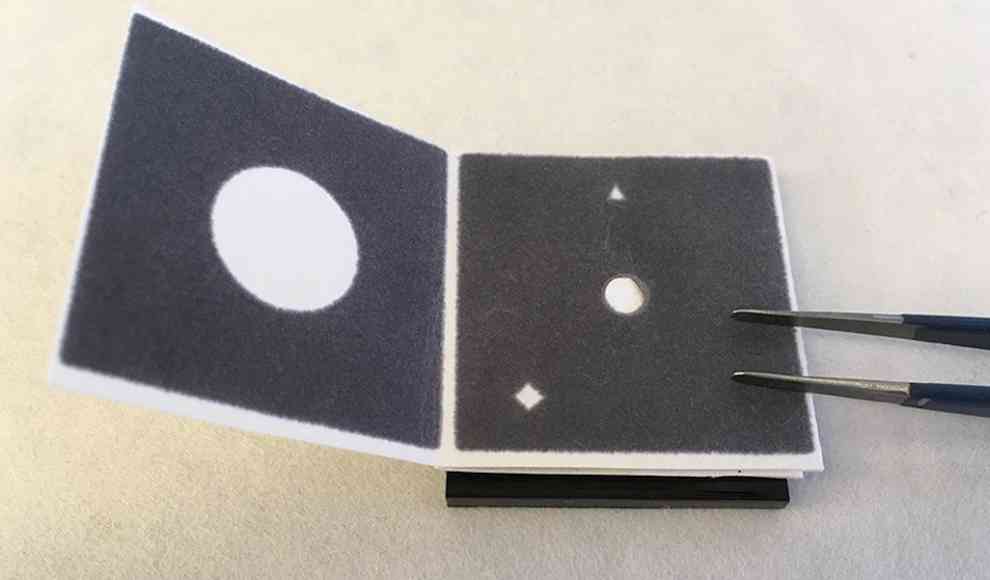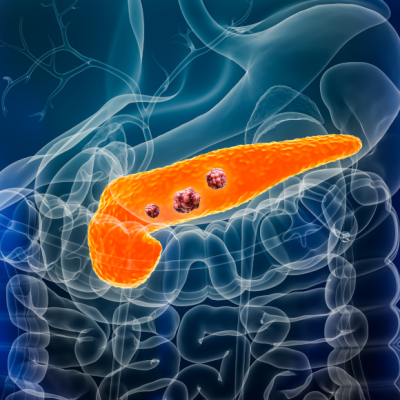A new rapid test currently in development may be able to detect SARS-CoV-2 genetic material in wastewater. This could allow for quarantine measures to be implemented before infected individuals develop symptoms. With the global rapid increase in COVID-19 cases, not all potentially infected individuals can be tested by hospitals and medical laboratories due to limited testing capacity. Scientists from Cranfield University and the Chinese Academy of Sciences have presented an approach in the journal Environmental Science & Technology that could detect new infections with the virus early on through wastewater samples. The rapid test could be used to initiate quarantine measures for an area before infected individuals develop symptoms, which is essential to slow down the spread of the virus.
Previous studies have shown that live coronaviruses can also be found in the urine and stool of infected individuals. The scientists explain that “supplementary studies show that the coronavirus can survive in the environment for several days after leaving the body.” Therefore, it should be possible to detect COVID-19 infections through wastewater. The rapid test, which is still in development, is based on a known principle that has been used in the past to detect Salmonella, HIV, Malaria, and the Zika virus in wastewater.
The prototype of the paper test for detecting genetic material in wastewater has already been developed. However, further modifications are necessary before SARS-CoV-2 RNA can be detected. Despite positive results with other viruses, it is not yet certain whether the principle can be adapted to the coronavirus. According to the study’s author, Zhugen Yang, “their test undoubtedly has the potential to detect infections.” This new approach could be a game-changer in the fight against COVID-19, allowing for early detection and containment of the virus.










